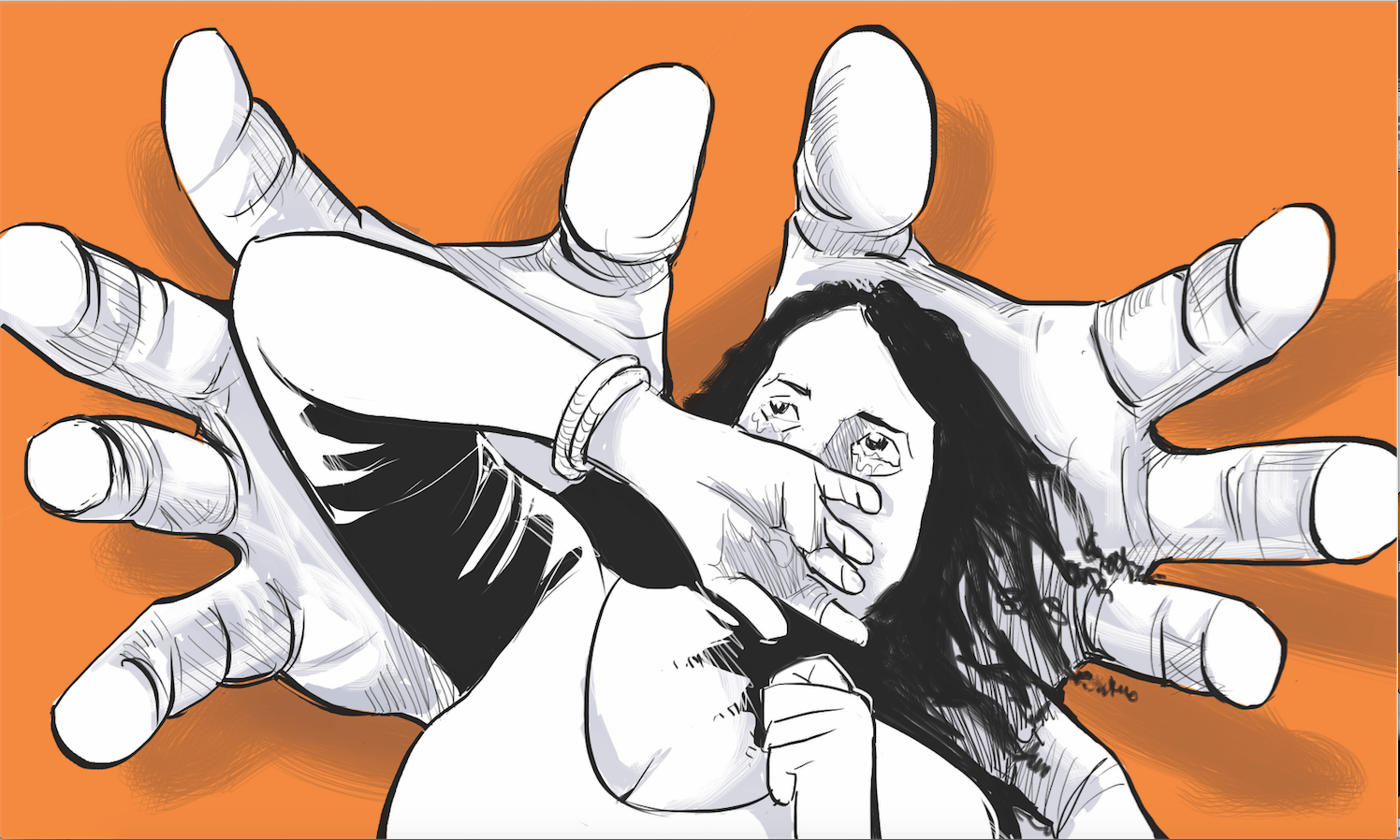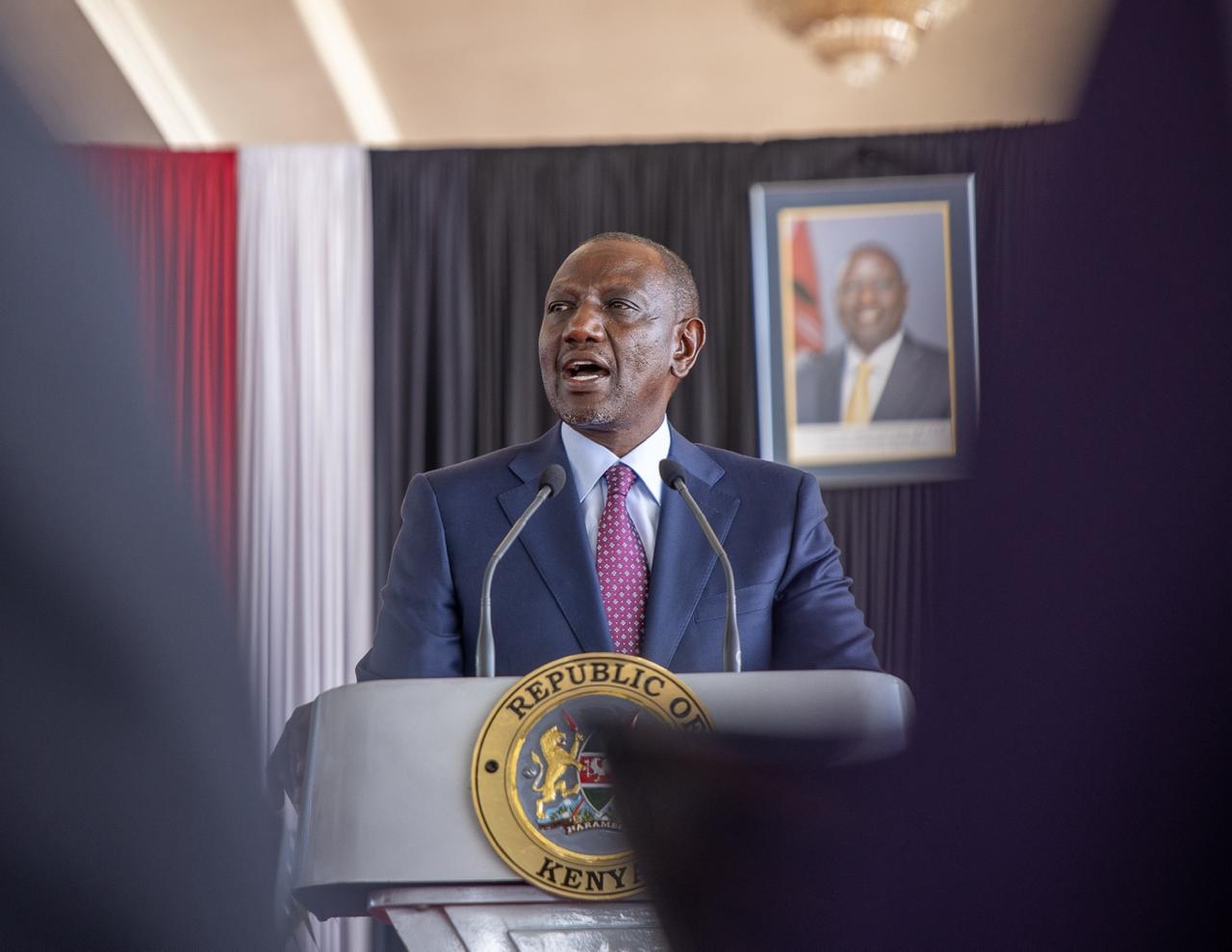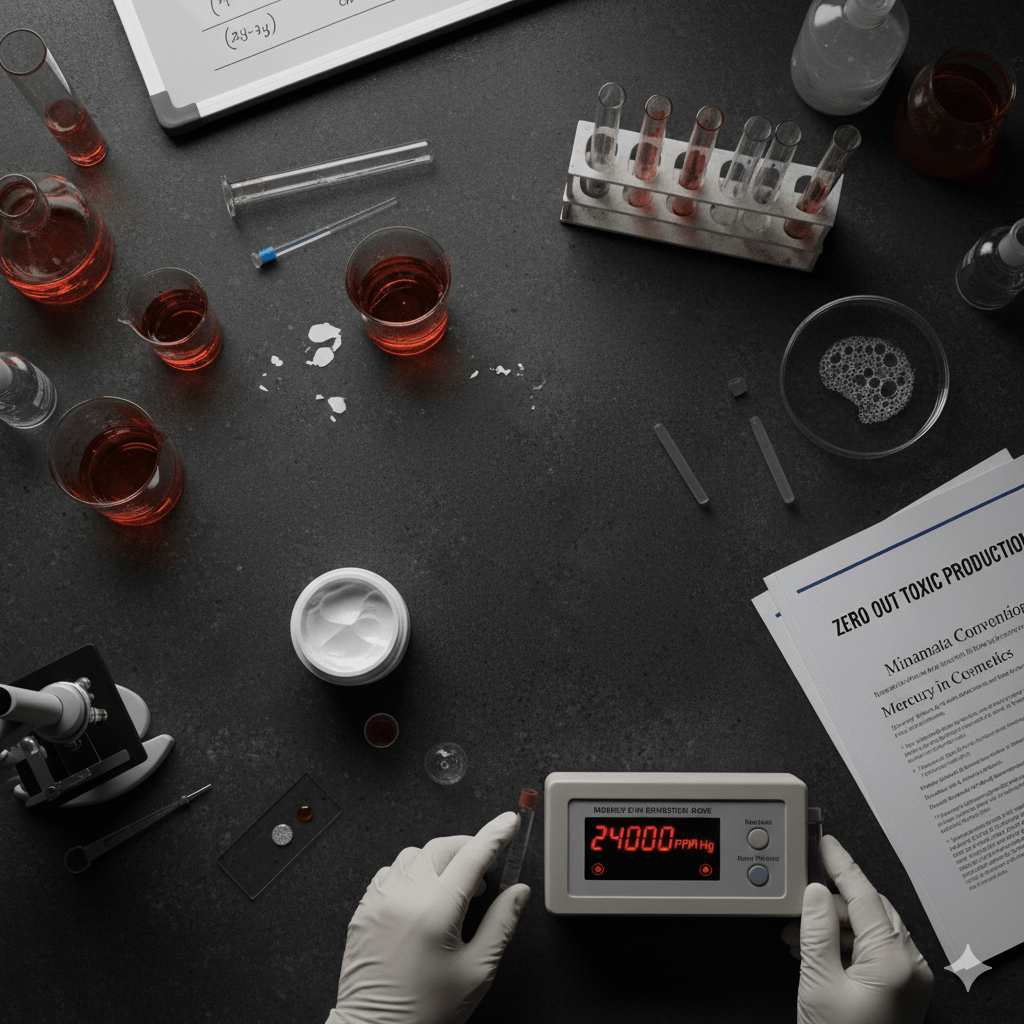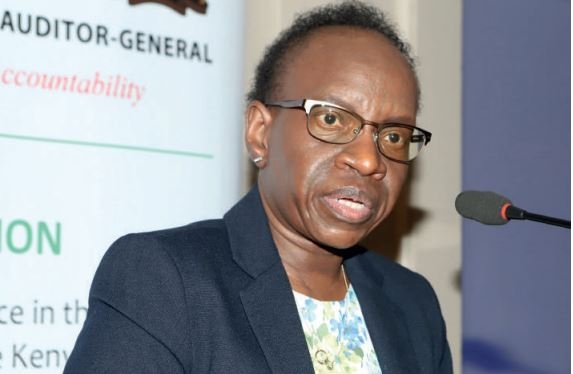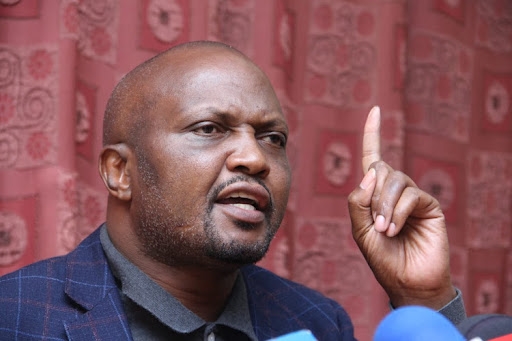
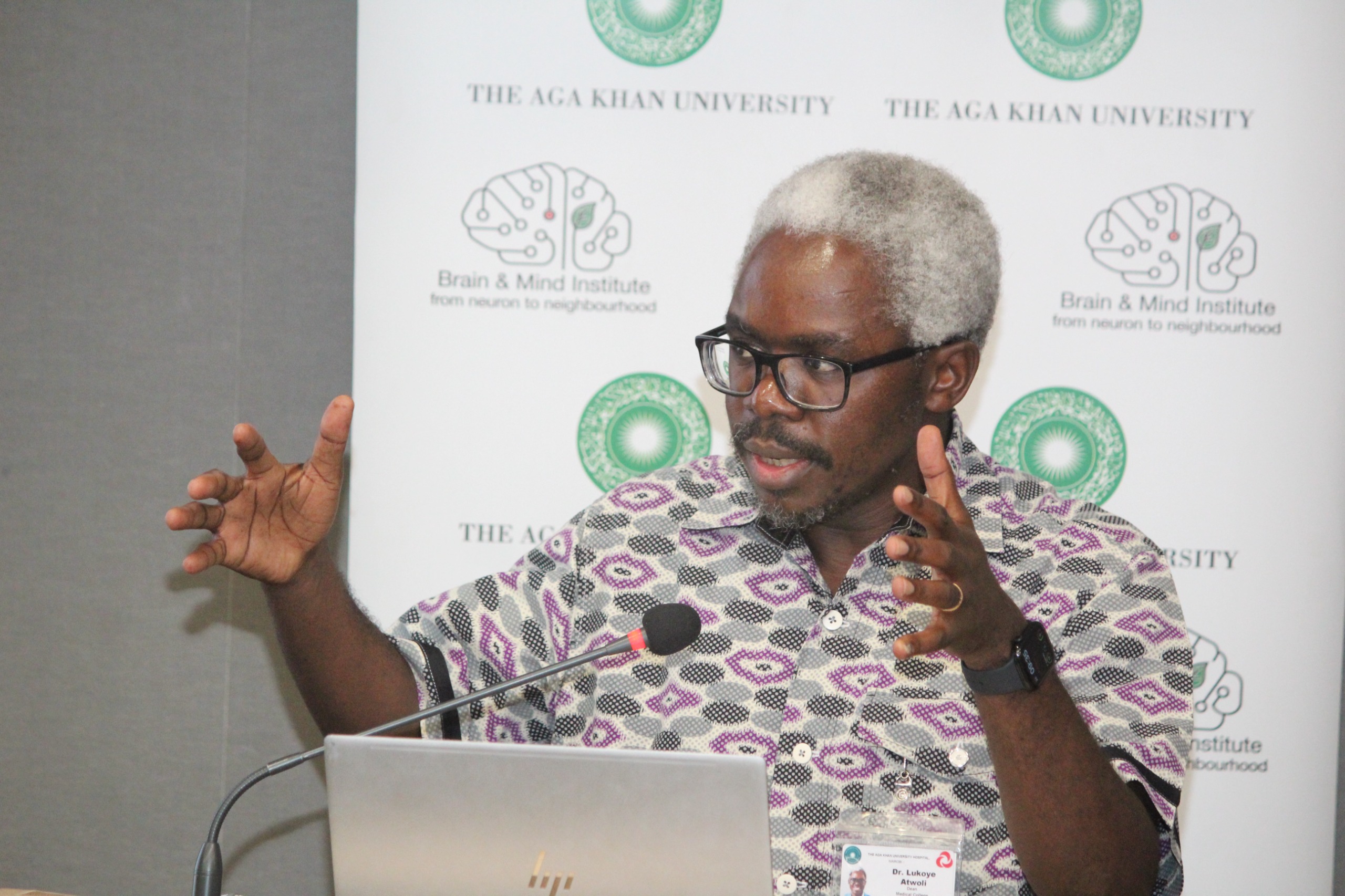 Professor
Lukoye Awoli, Deputy Director, Brain and Mind Institute, Aga Khan University/photo: Handout
Professor
Lukoye Awoli, Deputy Director, Brain and Mind Institute, Aga Khan University/photo: Handout
Post Traumatic Stress Disorder has been identified to be
more prevalent among women than men, with Gender Based Violence as the major contributor.
The preliminary results from the research study have shown that 61% of women report lifetime PTSD compared to 39% of the male population.
The research study conducted by the Aga Khan University’s Brain
and Mind Institute (BMI) has revealed worrying numbers of PTSD among the adult
population, revealing 55% of the adult population to have previously experienced
PTSD at some point in their lives, while 21% showed symptoms of past-month PTSD
suffering.
Speaking during the dissemination event at the Aga Khan
University Hospital Auditorium, Professor Lukoye Awoli, Deputy Director, Brain
and Mind Institute, Aga Khan University, flagged gender-based violence as the major
cause of PTSD among women.
"Women are more likely to get post-traumatic stress
disorder. For instance, when we are talking about sexual violence, the risks of
trauma after sexual violence are very high. In this environment, women are
still exposed to huge risks of sexual violence," he added.
A large proportion of Kenyans are exposed to trauma, and
there are very many different types of traumas that people are exposed to,
ranging from physical violence, sexual violence, death of loved ones,
accidents, and so on and so forth. These are happening all around us.”
“A proportion of people exposed to those traumas develop
post-traumatic stress disorder, and the reason why this happens, we are still
studying, but some of that is associated with gender. After certain types of traumas,”
he said
He reiterated that after physical assault, the risk is a
little lower, but it is present. This is because women are exposed to a lot of
physical assault in our setting, especially in domestic settings with intimate
partner violence.
Dr. Mercy Karanja, the head division of mental health at the
Ministry of Health, hailed the research as timely and one that would help in the
formulation of policies geared towards the intervention and prevention of PTSD
among the Kenyan populace.
“We are currently in the process of undertaking the first-ever national baseline mental health survey. When this research is out, we will
be able to share more definitive figures, and maybe from the findings of this
research, we shall formulate policies and spread them nationally.”
She highlighted the need for Kenya to do its own research
and prescribe solutions that are unique to the problems identified in Kenya, which
will be effective in combating mental health issues in the country.


